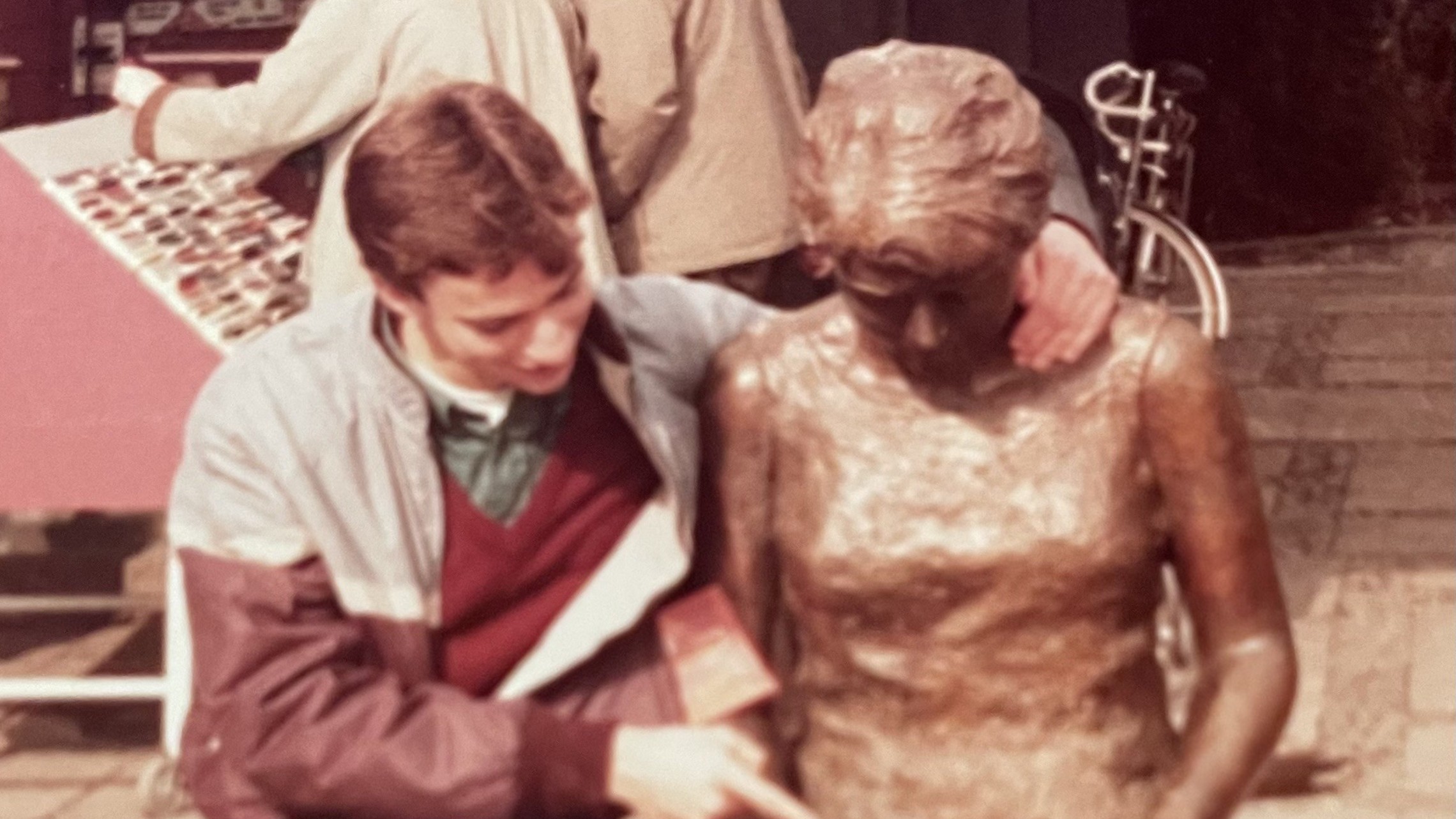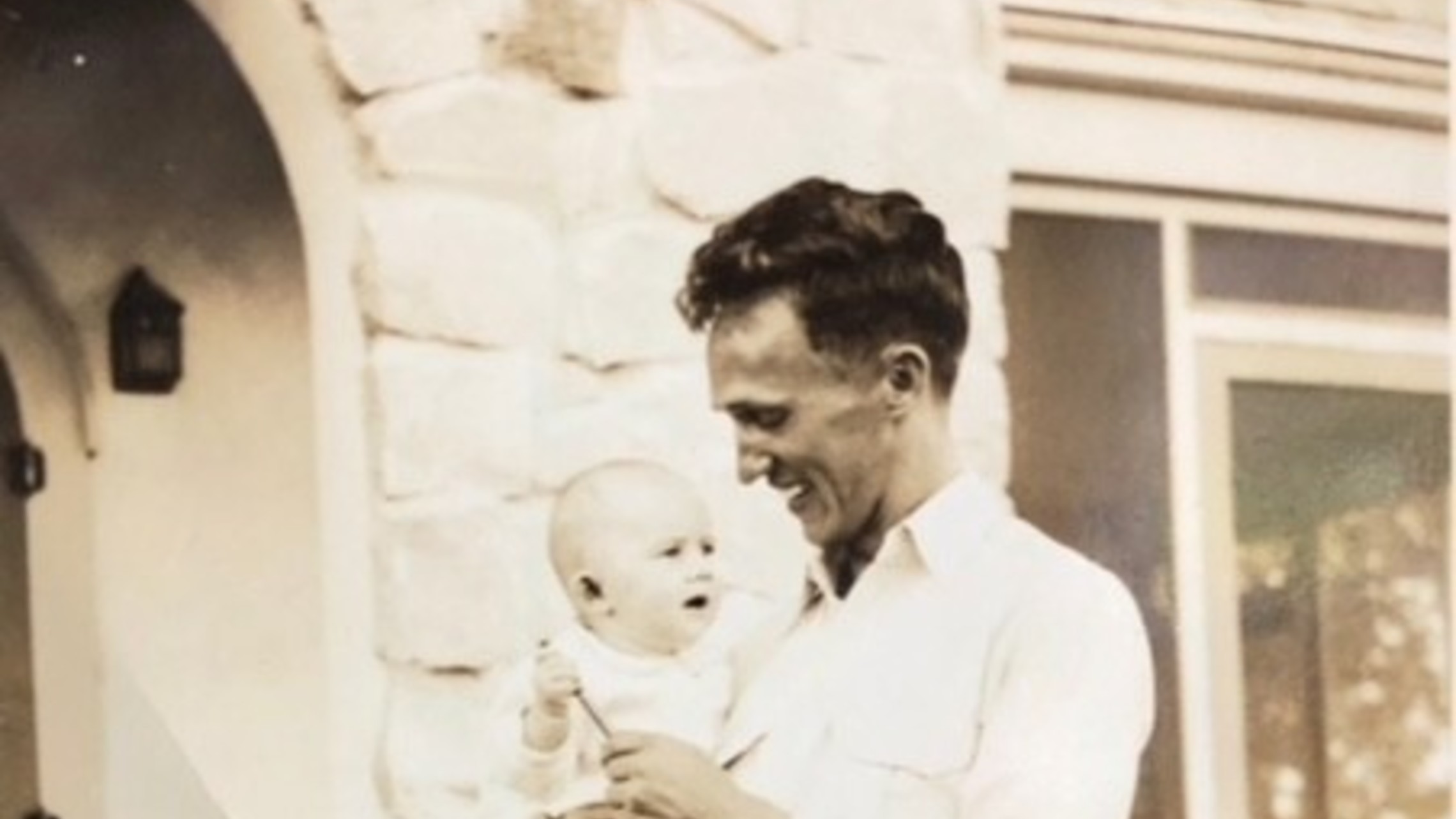Reflections on the March for Life

Fifty Years Later
The March for Life
Reflections after Fifty Years
By Fr. Frederick Edlefsen
Fifty years ago, the first March for Life took place on January 22, 1974, a year after the Supreme Court nationally legalized the taking of unborn babies’ lives. Ever since, the pro-life movement has challenged our nation to examine itself. The movement’s more thoughtful critics admit that the pro-life movement provokes important questions. It’s the nagging voice of conscience. How should we treat all life, even before “viability”? Moreover, the pro-life movement challenges its more thoughtful supporters. How should we treat life beyond the womb? How do we build a life-affirming society – for everyone? After all, being pro-life must mean more than opposing homicide.
Pope Francis challenged us again in his 2015 letter “Laudato Si” (On the Care of Creation) from a very broad perspective. He said that pro-life is pro-ecology.
“Since everything is interrelated, concern for the protection of nature is also incompatible with the justification of abortion. How can we genuinely teach the importance of concern for other vulnerable beings, however troublesome or inconvenient they may be, if we fail to protect a human embryo, even when its presence is uncomfortable and creates difficulties? ‘If personal and social sensitivity towards the acceptance of the new life is lost, then other forms of acceptance that are valuable for society also wither away’” (Laudato Si, 120).
That challenges everyone. Human life is intrinsically related to its natural and man-made environments – by God’s design. Life flourishes in healthy environments. Catholic Social Teaching calls that “human ecology” – which includes economic ecology, social ecology, cultural ecology, and an ecology of daily life. We are challenged to be intellectually honest and thoughtful, looking beyond the whirlpools of today’s dogged, hyper-partisan polemics. Otherwise, we remain stuck in the impasse of a shattered view of life, with each ideology taking up shards of truth but never composing a wholesome vision. In the meantime, life suffers.
We need a brave new vision for society and a life-affirming ethic. “If the present ecological crisis is one small sign of the ethical, cultural and spiritual crisis of modernity,” says the Pope, “we cannot presume to heal our relationship with nature and the environment without healing all fundamental human relationships.” That’s holistic medicine for the world. Everything is related. Pro-life is pro-human ecology.
Categories:



